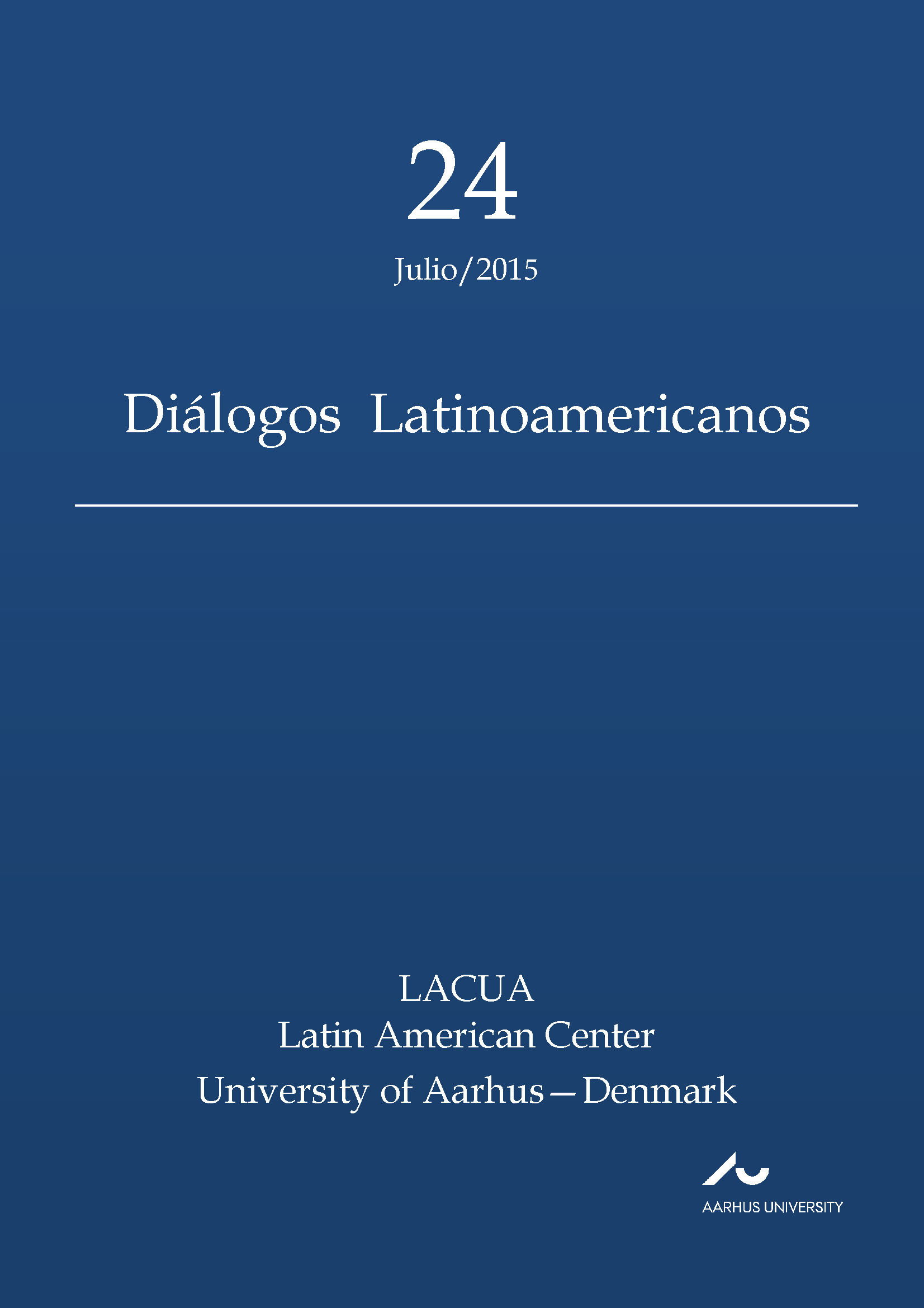El génesis de la cultura represiva de México Moctezuma y Hernán Cortés - Los gemelos malditos -
DOI:
https://doi.org/10.7146/dl.v16i24.113056Palabras clave:
oppressive culture, Christianisacion, cultural heritage, religious hypocrisy, identity, confrontation and elaboration of the pastResumen
The essay analyses the corrupted and oppressive culture in Mexico, whose origins,
according to the presented hypothesis, is the defeat of the Aztecs by Hernan Cortes. The
characteristics of this culture were determined by the personal interests of the
conquistadores, their customs, and their duties to the crown of Spain, as well as the reaction
of the defeated: to the destruction of the best of the civilisations of the Anáhuac, was added
the worse of the Spanish culture. As a result, during several centuries, the Spanish have
promulgated the propaganda of the “civilisation of the Indians”, when they themselves and
their descendants, were not at all prepared or capacitated to civilise anybody, and the forced
Christianization was rather a pacification of the Indians, leaving the new society
(authorities, church and population) in a social, economic and political stagnation. Cultural
forms that still hold back the development of the country.
Citas
publicado).
Morishima, Michio (1994) Why Has Japan Succeeded? – Western Technology And
The Japanese Ethos. Cambridge University Press.
Nietzsche, F. (2012) Frederich Nietzsche & Antikken. Tre ungdomstekster.
Informations Forlag.
Paz, Octavio (1976) El laberinto de la soledad. México D.F.: Fondo de Cultura
Económica.
Plutarch, (2005) Fall Of The Roman Republic. UK: Penguin Books.
Ramos, Samuel (1976) El perfil del hombre y la cultura en México. Espasa-Calpe
Mexicana S. A.
Rousseau, J. J. (2007) The Social Contract - And Other Later Political Writings.
Cambridge University Press.
Sierra, Justo (2003) Evolución poítica del pueblo mexicano. Biblioteca Ayacucho;
Biblioteca Virtual Universal.
Descargas
Publicado
Cómo citar
Número
Sección
Licencia
A partir del volumen 31 (2022), los artículos publicados en Diálogos Latinoamericanos tienen licencia de CC-BY 4.0. Para más información sobre los términos de esta licencia consulte este enlace https://creativecommons.org/licenses/by/4.0/.
No hay licencia de Creative Commons para los volúmenes 1-30. Todos los derechos están reservados a les autores. Los lectores pueden descargar, leer y enviar enlaces a los artículos, pero no republicarlos.
Derechos de autor
Con la publicación del volumen 31 (2022) les autores poseen todos los derechos de autor de sus artículos y conceden a Diálogos Latinoamericanos el derecho de la primera publicación. Les autores también poseen los derechos de autor de las versiones previas de sus manuscritos, como el manuscrito entregado (pre-print) y el manuscrito aceptado (post-print).
Todos los derechos de autor de los artículos publicados en los volúmenes 1-30 están reservados a les mismes autores.





